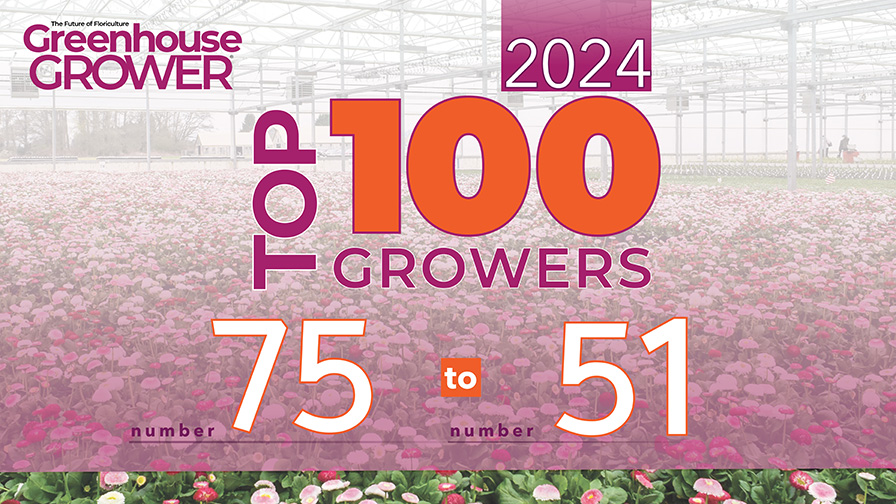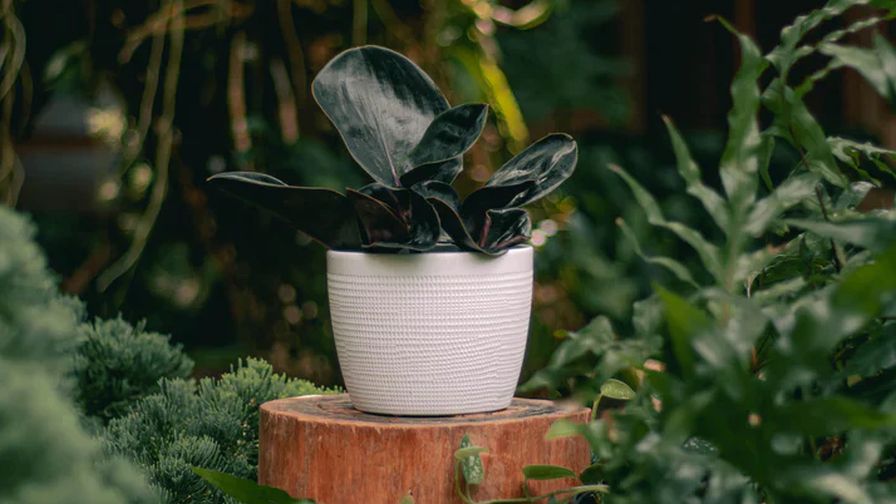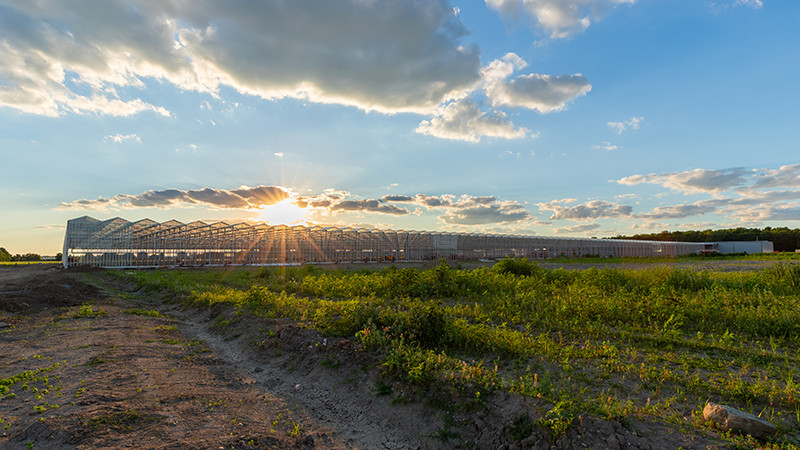100 Times More Productive Than Traditional Agriculture? Inside the Mind of Smart Farms
Food security is a global challenge and it’s only getting more critical, says Irving Fain, founder and CEO of Bowery Farming, the vertical farming company using hydroponics and digital agriculture to reimagine the future of produce. “The problem we’re solving at Bowery is a problem that’s not only relevant to the cities we’re in today or to cities in the U.S., but it’s relevant to cities around the world.”
On a recent airing of the Most Innovative Companies Podcast, Fain explains how Bowery is seeking to reinvent and reimagine food and agriculture, reflecting on confirmation bias and his status as an “outsider” in agriculture, while also detailing how he’s been able to retain critical focus on the bigger problem at hand—and why now is the time to innovate.
Irving is convinced that technology can secure the future of food, and that what Bowery is building will be a critical part of the agricultural and food supply chain. As he explains, you can grow almost anything hydroponically—it’s just a matter of determining which crops make sense, financially and otherwise.
To that end, focus is critical with respect to innovation, says Fain. Scalable vertical farming is a notoriously hard problem to solve (many believe it impossible), which is why he started by growing only lettuce, using it as a prototype, before growing fruit like strawberries, and other smart produce: “Just because we knew ultimately we’d be able to grow so much more than just greens didn’t mean that that was the right place to start.”
It is through this initial focus, Fain explains, that Bowery has been able to build smart farms (or Bowerys, as he calls them) that operate 365 days a year, independent of climate events, and are 100 times more productive than traditional agriculture. “Wherever food is needed we can grow it,” he says.
Though one could argue entrepreneurship is second nature to him, Fain had to learn farming, a fact which he believes allows him to see opportunities others might miss.
“Ignorance and naïveté can be an advantage for an entrepreneur, and it’s something that you can use to your benefit if you’re thoughtful about it,” Fain says. “When you’re too deep into an industry or too deep into a problem, it’s very easy to start to see all the reasons why new solutions can’t work or won’t work, or haven’t worked in the past.”








